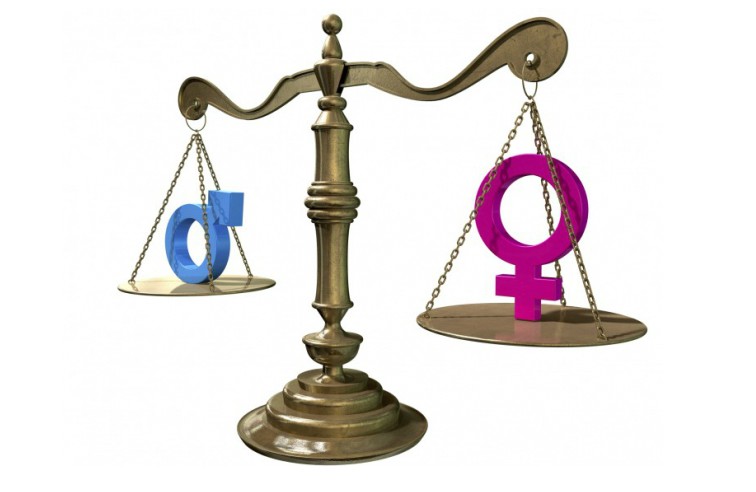The Council and the European Parliament are in the process of concluding their trilogue negotiations on the draft directive on pay transparency. While fully sharing the gender equality objectives pursued, European employers are deeply concerned by the overly detailed and prescriptive requirements that could be imposed on companies.
The initial proposal was already overly detailed and prescriptive for larger companies but SMEs with less than 250 employees were to be exempted from the most demanding obligations. This threshold could now be lowered to companies with more than 100 employees. As a consequence, many SMEs will bear heavy administrative and financial burdens, with little effect on reducing pay differences.
Furthermore, the obligation to ensure equal pay for equal work or work of equal value between women and men should compare situations of workers working for the same employer and not be based on the incomprehensible concept of “single source establishing the pay conditions”.
Finally, the necessary space must be given to social partners to maintain, negotiate, conclude, and enforce collective agreements which establish arrangements on pay transparency in a responsible and pragmatic way.
BusinessEurope Director General Markus J. Beyrer said:
“Many companies, in particular SMEs, struggle for survival due to the impact of a series of crises they have been confronted with during the last 2 years. They badly need regulatory breathing space. This is not the moment to impose incomprehensible requirements for pay reporting and pay assessment on firms with more than 100 employees. Furthermore, the autonomy of social partners to agree on simpler arrangements on pay transparency must be preserved. What is on the table is a legal monster which will undermine social dialogue and penalise European companies. We urge the trilogue negotiators to go back to the drawing board and correct these flaws. To advance the cause of gender equality, they need to produce a text that companies will understand, with reasonable reporting requirements that can help employers to fulfil their equal pay obligations.”









